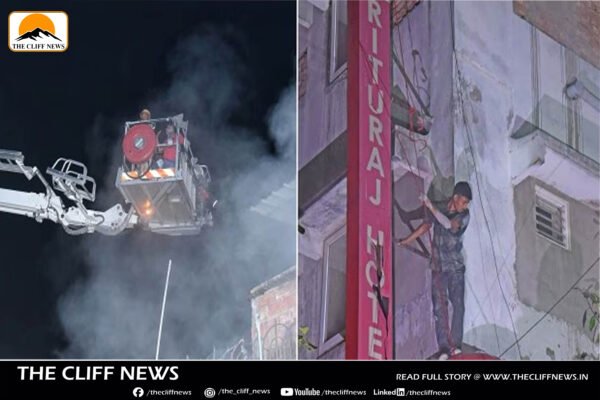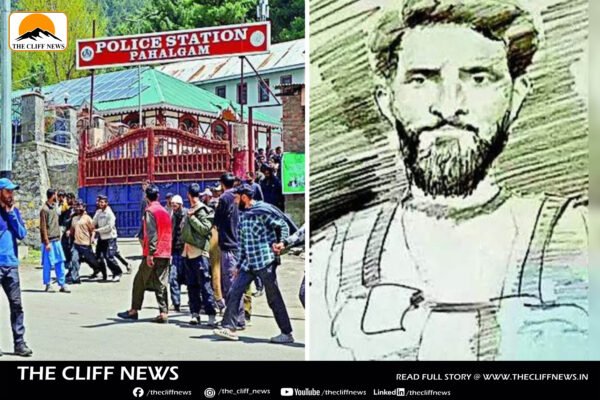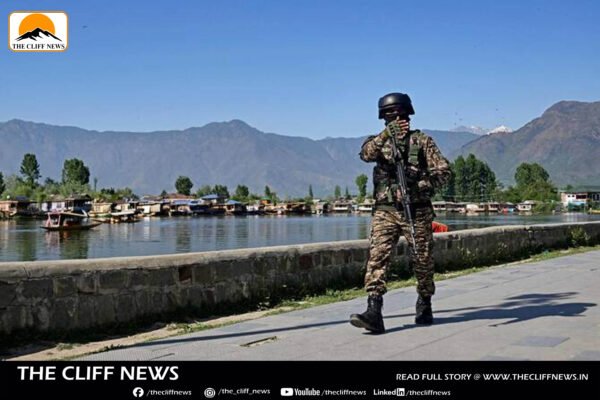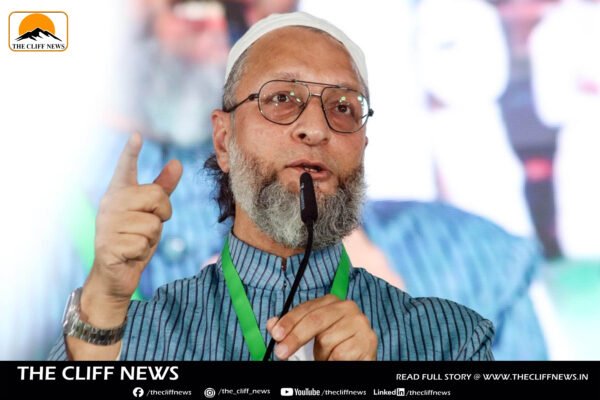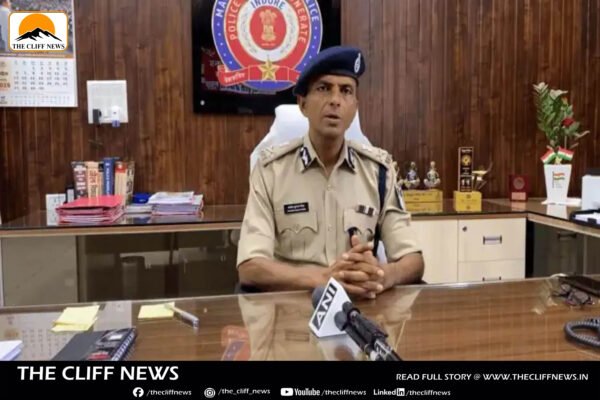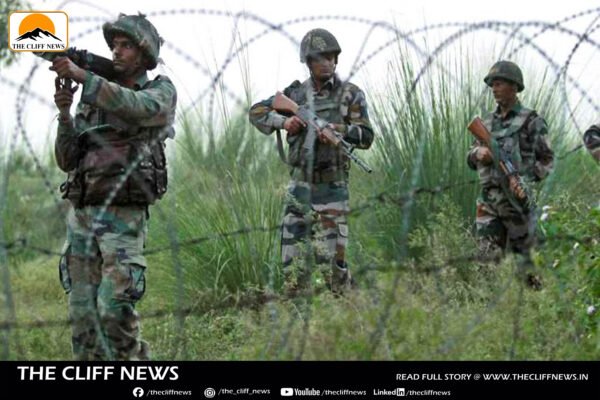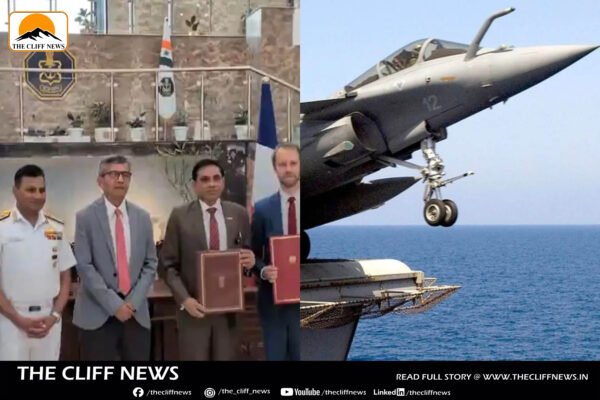Kolkata Hotel Fire Claims 14 Lives, Dozens Injured in Tragic Incident
A devastating fire broke out in a Kolkata hotel in the early hours of Wednesday, claiming at least 14 lives and leaving several others injured. As thick smoke rapidly filled the stairwells and corridors, guests scrambled to find safety. Some made their way to the rooftop, while others were seen clinging precariously to parapets outside their windows in a desperate attempt to escape the flames. Firefighters mounted a swift rescue operation, using hydraulic ladders to reach those stranded on ledges. Guests on the terrace signaled for help using phone flashlights, while authorities deployed loudspeakers to communicate with those trapped inside, offering reassurance as smoke engulfed the structure. One of the victims, identified as Sanjoy Paswan, was declared dead on arrival at Kolkata Medical College Hospital after reportedly falling from the building while trying to escape. Several other victims are currently being treated for burns and smoke inhalation at the same hospital. Once the fire was brought under control in the early hours, emergency teams were able to access the upper floors of the building. There, they discovered 13 more bodies, many of whom are believed to have died from suffocation. Prime Minister Narendra Modi expressed his grief over the incident, writing on social media platform X: “Anguished by the loss of lives due to a fire mishap in Kolkata. Condolences to those who lost their loved ones. May the injured recover soon.” He also announced an ex gratia of ₹2 lakh to the families of each deceased and ₹50,000 for the injured from the Prime Minister’s National Relief Fund (PMNRF). West Bengal’s Women, Children and Social Welfare Minister Sashi Panja stated that many of the hotel’s occupants were from other states, visiting for business purposes. She confirmed that two children were among the victims and emphasized that an investigation is underway to determine the cause of the blaze. “The fire brigade did its best to rescue all the boarders, but unfortunately some died due to suffocation,” she said. Authorities have cordoned off the area and continue to investigate the incident, as the city mourns yet another deadly tragedy caused by fire safety lapses.
